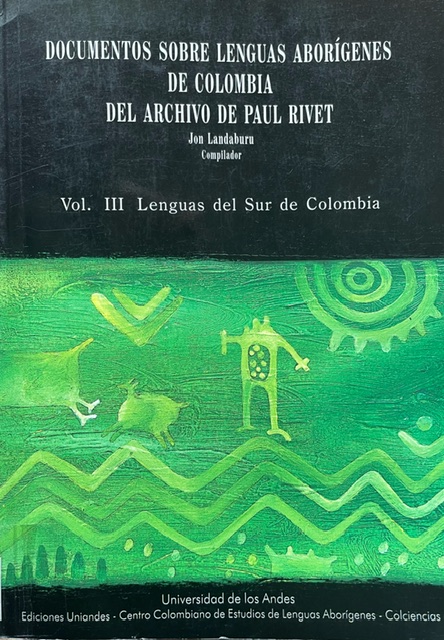Incluye bibliografía e índice (páginas 443-478)
Introduction / Guglielmo Cavallo and Roger Chartier. -- The Greek and Hellenistic World: Diversity in Practice. -- Reading in Rome: New Texts and New Books. -- The Middle Ages: From Monastic Writing to Scholastic Reading. -- The Modern Age: Geographical Variations in Reading. -- Revolutions. -- Typology. -- Reading between Constraint and Invention. -- Archaic and Classical Greeece: The Invention of Silent Reading / Jesper Svenbro. -- The Vocabulary of Reading in Greek. -- The Triple Lesson of Verbs Signifying 'To Read'. -- The 'I' and the Voice. -- Silent Reading. -- The Theatrical Model. -- Staged Writing and Writing in the Soul. -- Athens: The Alphabet on Stage. -- Between Volumen and Codex: Reading in the Roman World / Guglielmo Cavallo. -- The Birth of a Reading Public. -- Ways to Read. -- New Spaces for Reading. -- Volumen and Codex: From Recreational Reading to Normative Reading. -- Reading, Copyng and Interpreting a Text in the Early Middle Ages / M. B. Parkes. -- Reading for the Salvation of One's Soul. -- Reading Aloud and Silent Reading. -- The Written World as Visible Language. -- New Developments in the Presentation of Texts. -- Christina Exegesis and the Interpretation of Texts. -- The Development of Punctuation. -- The Presentation of Vernacular Texts. -- The Scholasic Model of Reading / Jacqueline Hamesse. -- From rumunatio to lectura. -- Reference to Auctoritates. -- Intellectual Working Tools. -- Why Florilegia and Abridgements were so Successful. -- The Role of Religious Orders. -- Humanistic Compilations. -- The Decline of the Scholastic Model. -- Reading in the Latter Middle Age / Paul Saenger. -- The Twelfth Century. -- Authorship. -- Book Production. -- Canonical Word Separation and Changes in Scholastic Grammatical Theory. -- Written Culture in the Thirteenth, Fourteenth, and Fifteenth Centuries. -- Reading in the Jewish Communities of Western Europe in the Moddle Ages / Robert Bonfil. -- The Book and Reading in the Domain of the Sacred. -- The Book and Reading in the Urban Setting. -- Crissi of Authority and Repressive Policies. -- Reading ans Society: Toward the Open Book. -- Study as Religious Ritual. -- The Synagogue as Public Library. -- Holy Language, Vernacular Languages. -- Reading as Religious Ritual: Persistence fo Medieval Modes. -- Individual Reading: The Organization of Graphic Space. -- The Inconography of Reading. -- The Spaces of Reading. -- Oralit anf Writting: The Need for Meditation. -- The Dubling of Fields of Reading. -- The Humanist as Reader / Anthony Grafton. -- Books for the Field and for the Battlefield. -- 'The unmediated text'. -- Classicism and the Classics: The Text and its Frame. -- Meeting the Middlemen: Cartolai,Printers and Readers. -- Meeting the Intermediaries: The Schoomaster and the Reader. -- In the Study. -- Huet: The End of a Traditon. -- Protestant Reformations and Reading / Jean Fronçois Gilmont. -- Printing in the People's Language. -- The Dangers of Reading. -- Plural Readings. -- The Appropriation and Circulation of Texts. -- The Authority of Writing. -- Reading adn Counter-Reformation / Dominique Julia. -- The Conciliar Texts. -- Reading the Bible. -- Reading and the Clergy. -- Reading among the Faithful. -- Catechisms. -- What the Illiterate Read. -- Reading Matter and 'Popular' Reading: From the Renaissance to the Seveteenth Cnetury / Roger Chartier. -- Shared Reading. -- The Popular Market for Print. -- Contrasting Appropriations. -- Reading Aloud, Silent Reading. -- Publishing Formulas and Text Types. -- Reading Styles. -- Was there s Reading Revolution at the End of the Eighteenth Cenury? / Reinhard Wittmann. -- The World of Readers. -- Old and New Forms of Reading in the Eighteenth Cnetury. -- The 'Reading Mania'. -- Reading Tastes and the Book Trade. -- Lending Libraries and Reading Societies. -- New Readers in the Nineteenth Century: Women, Children, Workers / Martyn Lyons. -- The Female Reading: Occupyng a Space of her Own. -- The Child as a Reader: From Classroom Learning to Reading for Pleasure. -- The Working Classes: Prescribed Reading, Improvised Reading. -- The Persistance of Oral Reading. -- Reading to Read: A Future for Reading / Armando Petrucci. -- How Much do People Read, and Where do they Read?. -- Control and Limits. -- Canon and Classification. -- A Crisis in Reading, a Crisis in Production. -- Contestation of the Canon. -- Other Readings. -- Reading Disorders. -- Modes of Reading. -- The Absence of Canons and New Canons.
1558494111
Libros y lectura--Historia--Europa
Amenidad literaria--Historia
Lectura oral--Historia
Libros--Historia
Lectura silenciosa--Historia
028.9 / H673




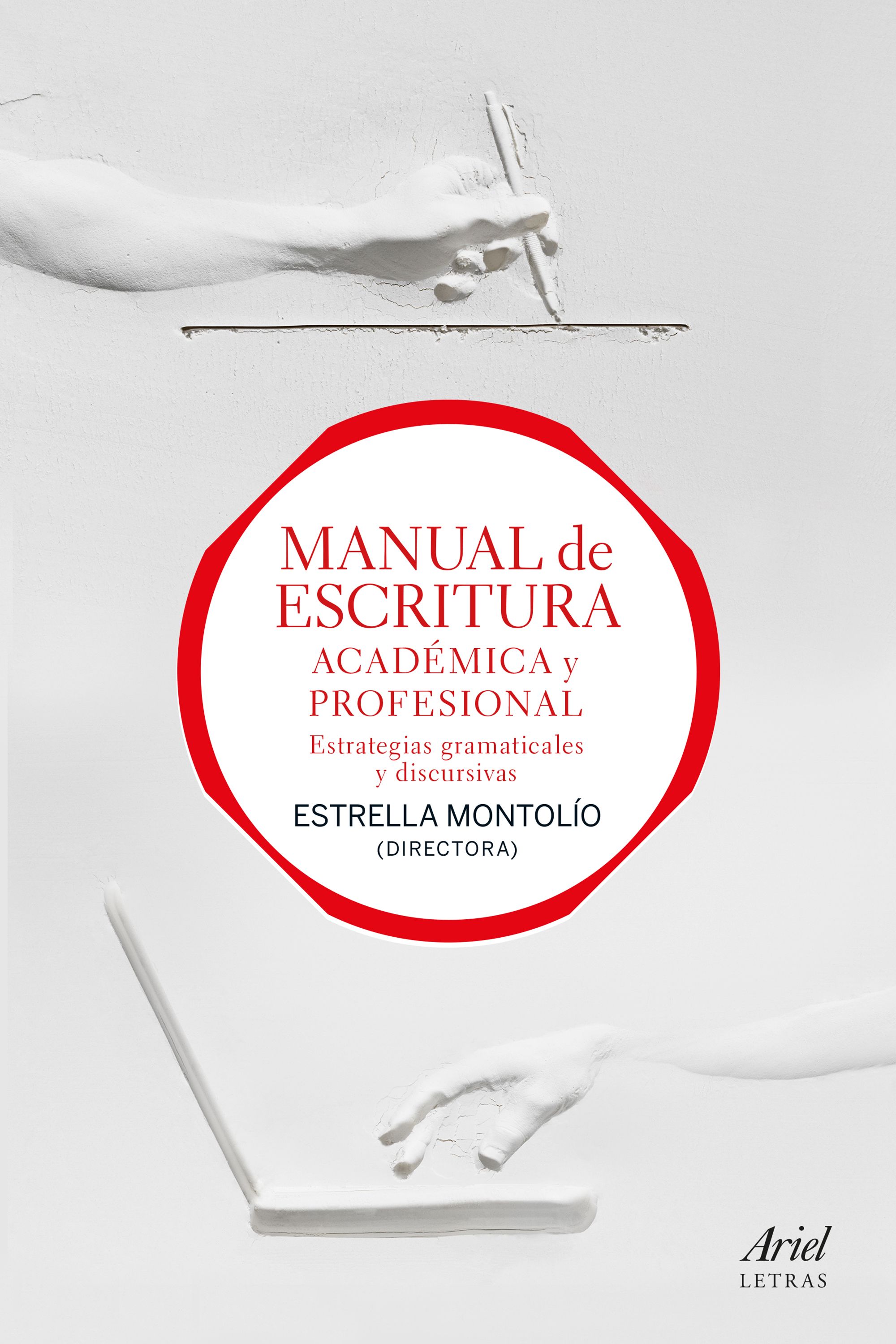
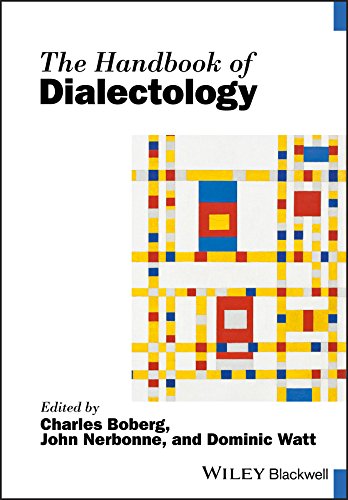
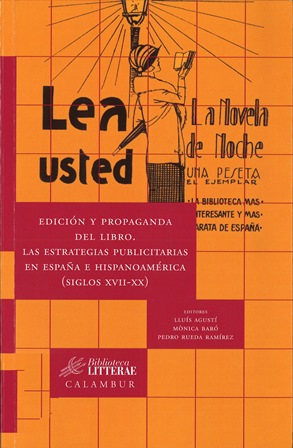
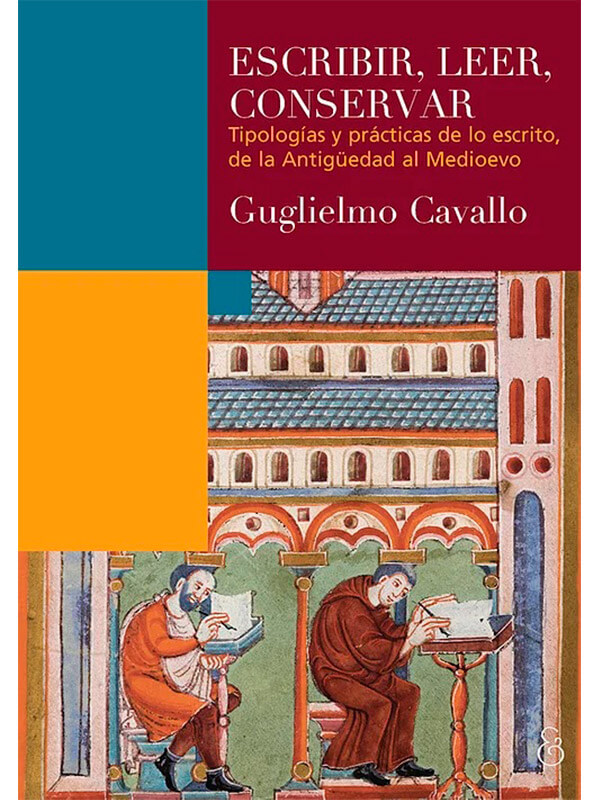
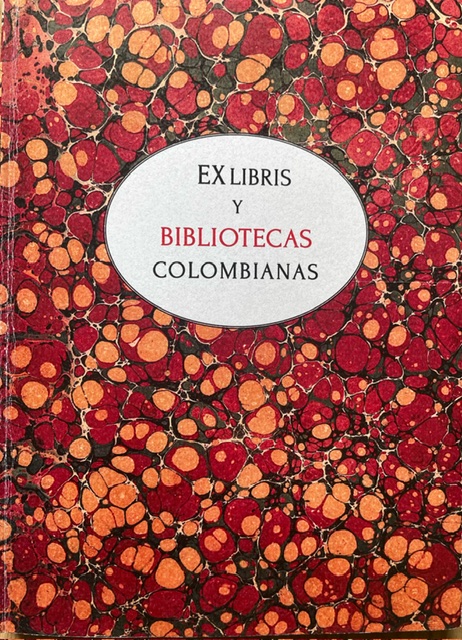
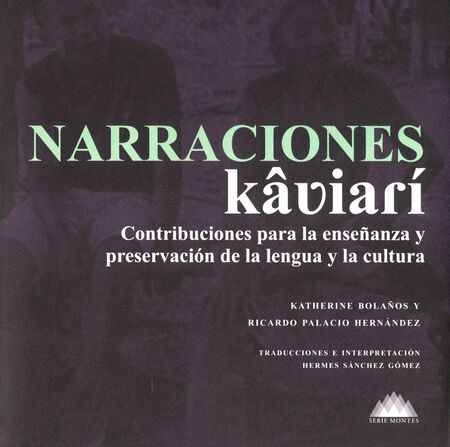
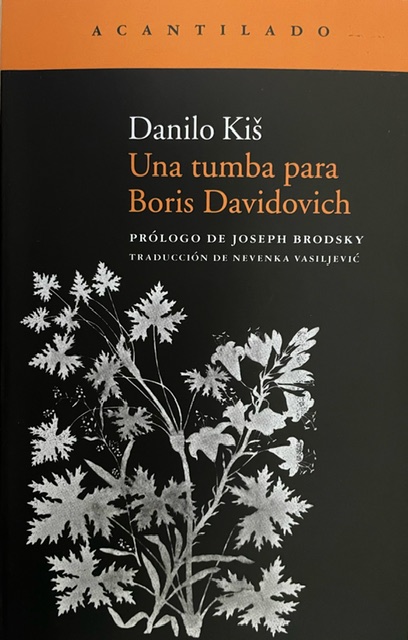
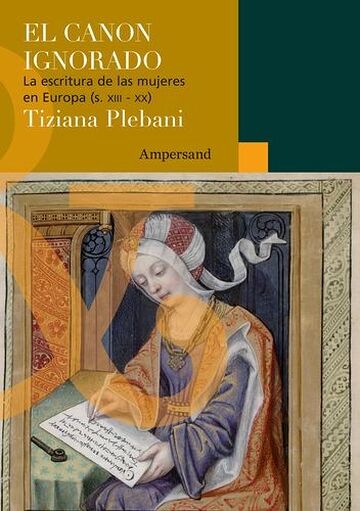
![Los indios katíos: Su cultura [y] su lengua / Constancio Pinto García Los indios katíos: Su cultura [y] su lengua / Constancio Pinto García](https://biblioteca.caroycuervo.gov.co/opac-tmpl/bootstrap/images/Portada9.jpg)
